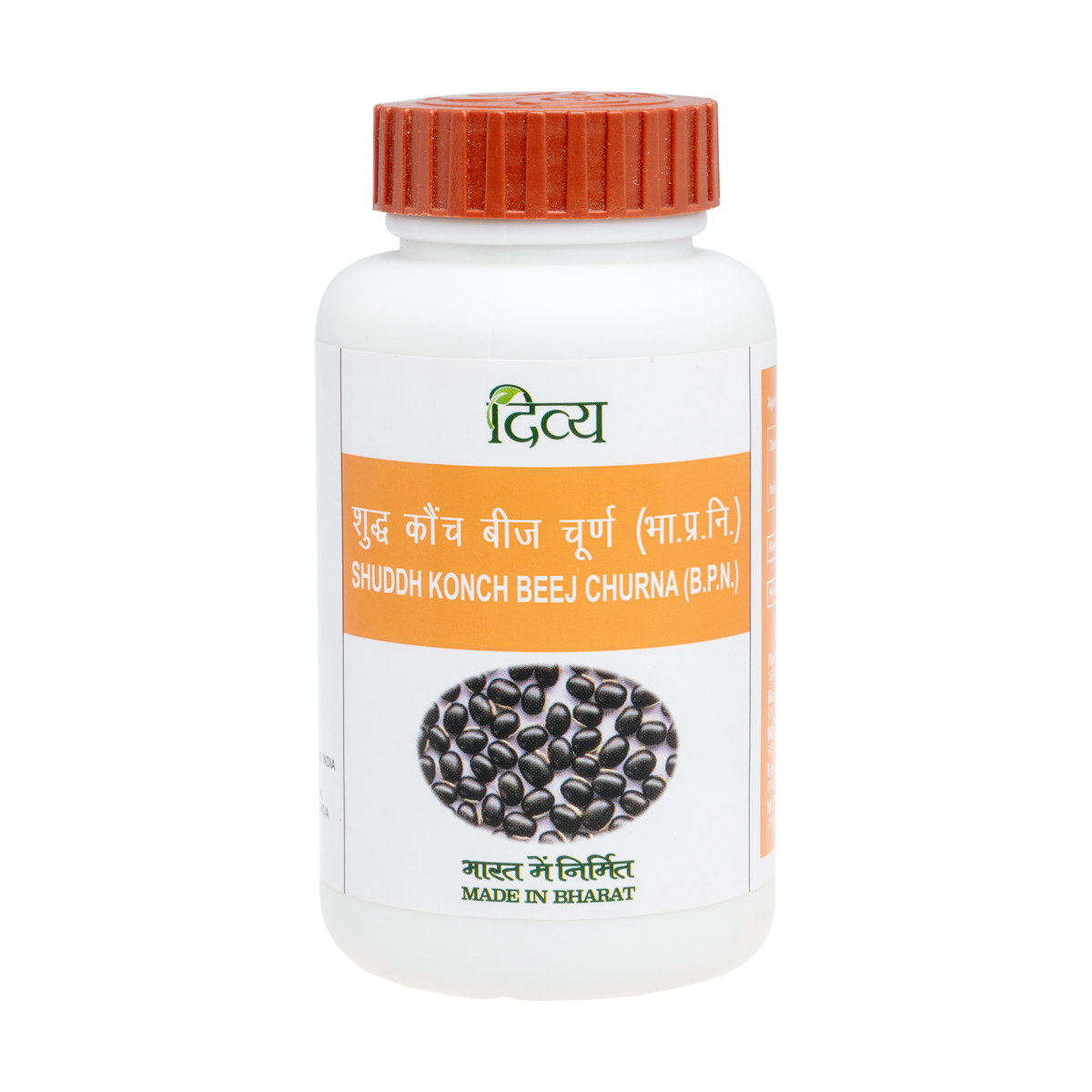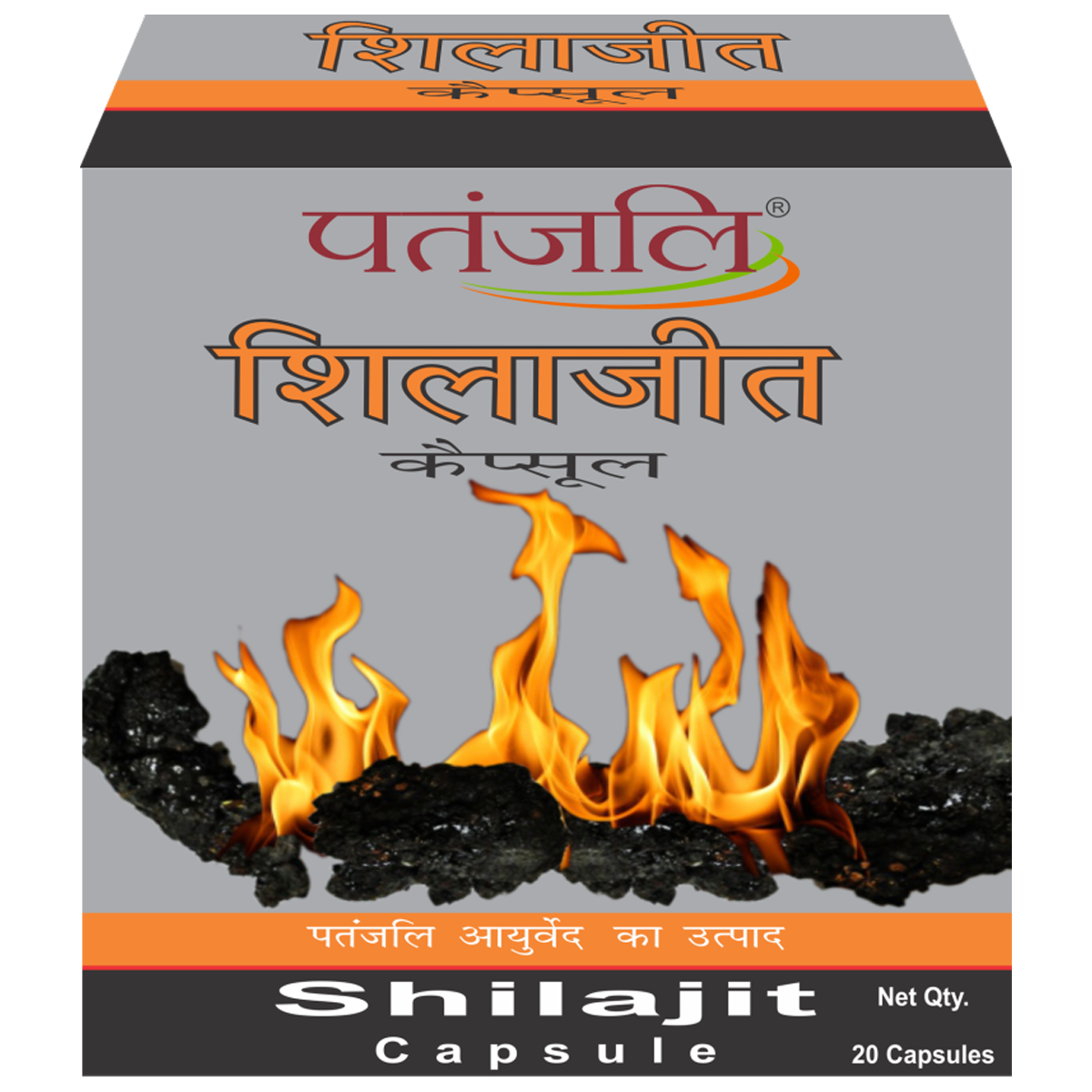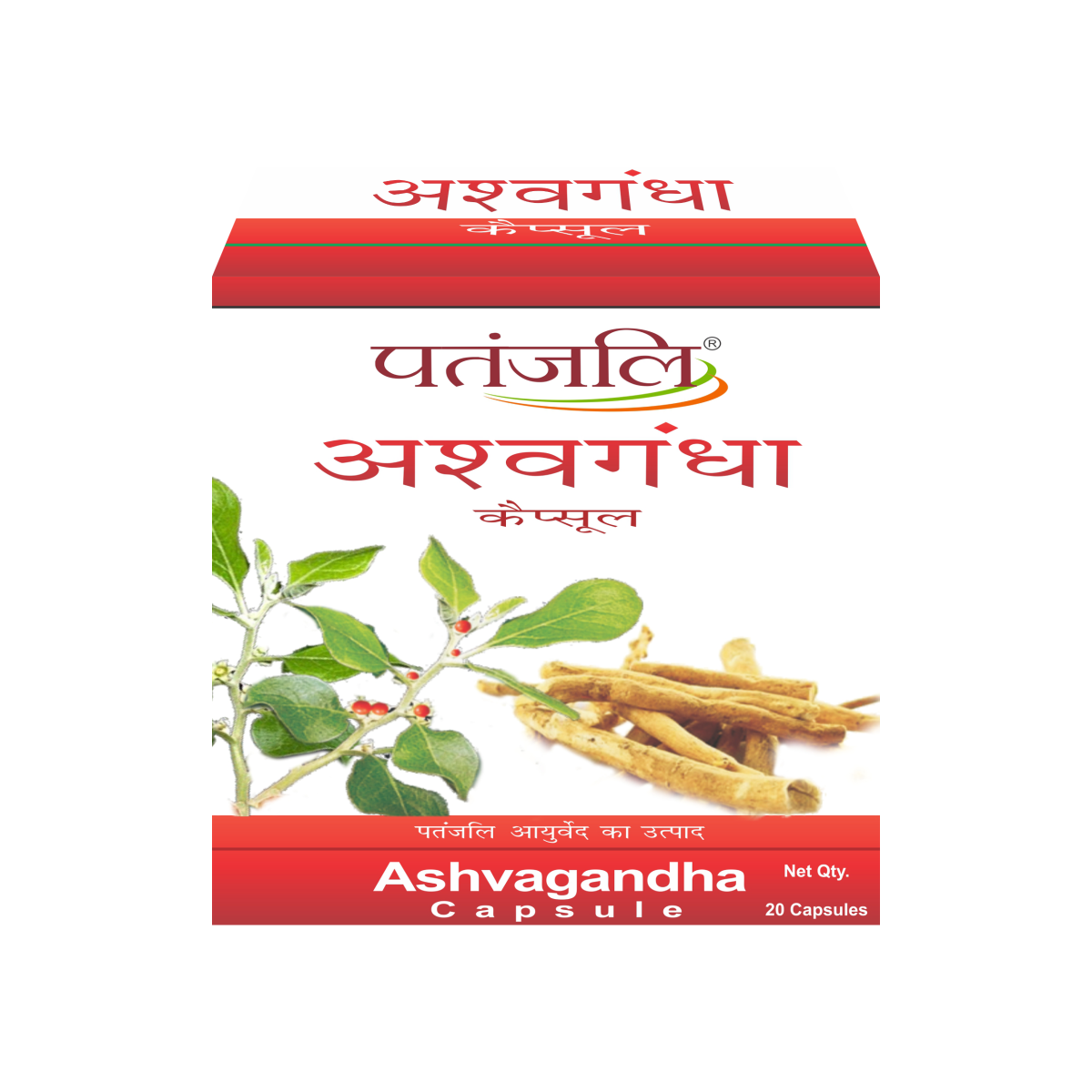Description
Here’s a comprehensive guide on using Ashwagandha, Shilajit, and Kaunch Beej for sperm motility and semen quality treatment
Individual Herb Benefits:
1. Ashwagandha (Withania somnifera):
– Enhances sperm count, motility, and morphology
– Reduces oxidative stress and inflammation
– Improves testosterone levels
2. Shilajit (Asphaltum):
– Increases sperm count, motility, and fertility
– Enhances testosterone levels
– Antioxidant and anti-inflammatory properties
3. Kaunch Beej (Mucuna pruriens):
– Improves sperm count, motility, and fertility
– Enhances testosterone levels
– Dopamine regulation for libido enhancement
Dosage
1. Morning: 1 Capsule Ashwagandha + 1 teaspoon Kaunch Beej with warm milk
2. Evening: 2 Capsules Shilajit + 1 Capsule Ashwagandha with warm milk
Duration:
1. Minimum 3 months
2. Optimal 6-12 months
Dietary Recommendations:
1. Increase:
– Fresh fruits
– Leafy greens
– Whole grains
– Dairy (in moderation)
2. Reduce/Avoid:
– Processed foods
– Sugary drinks
– Fried foods
– Excessive caffeine
Lifes roomtyle Changes:
1. Regular exercise (yoga, walking)
2. Stress management (meditation, pranayama)
3. Adequate sleep (7-8 hours)
4. Avoid excessive heat (e.g., hot tubs, saunas)
Monitoring:
1. Sperm analysis (every 3 months)
2. Hormone level checks (every 6 months)
By following this comprehensive guide, you can harness the synergistic benefits of Ashwagandha, Shilajit, and Kaunch Beej to enhance sperm motility and semen quality.
Modern Medical Perspective:
Male infertility refers to the inability of a man to conceive a child with his partner despite:
1. One year or more of regular, unprotected intercourse
2. Normal fertility in the female partner
Common causes of male infertility:
1. Low sperm count (oligospermia)
2. Abnormal sperm morphology (teratospermia)
3. Reduced sperm motility (asthenospermia)
4. Hormonal imbalances (e.g., low testosterone)
5. Blockages or injuries affecting sperm transport
*Ayurvedic Perspective (Shandhatva or Napunsakta):*
Causes of male infertility
1. Bija upa tapa (congenital problems)
2. Shukra dosha (sperm abnormalities)
– Shukra vata (sperm disorders due to vata imbalance)
– Shukra pitta (sperm disorders due to pitta imbalance)
– Shukra kapha (sperm disorders due to kapha imbalance)
3. Klaibya (loss of libido)
4. Dhatu kshaya (depletion of reproductive tissue)
Ayurvedic treatment approaches:
1. Herbal remedies (e.g., Ashwagandha, Shilajit, Kaunch Beej)
2. Panchakarma therapies (e.g., Basti, Virechana)
3. Diet and lifestyle modifications
4. Yoga and meditation
Comparison of Modern and Ayurvedic Perspectives:
While modern medicine focuses on specific physiological causes, Ayurveda considers male infertility a complex issue involving physical, mental, and spiritual factors.










Reviews
There are no reviews yet.